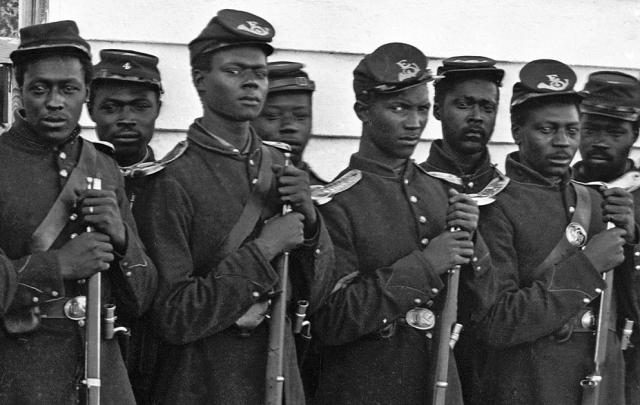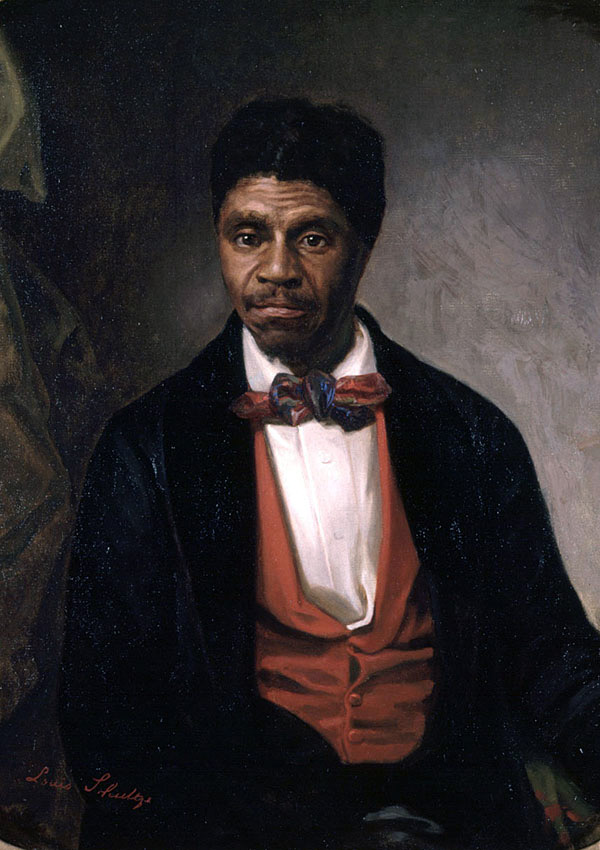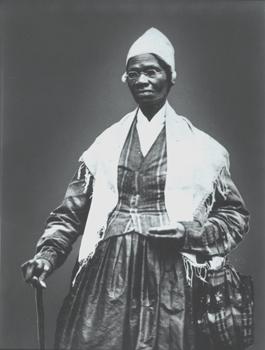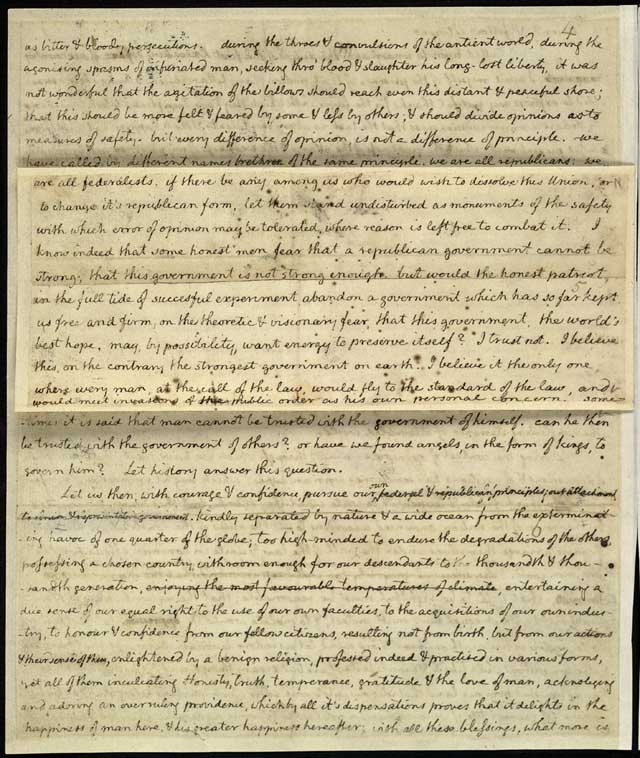(1) What role did the Revolutionary War play in the transformation of housewifery to Republican Motherhood?
Women served their country now by training good citizens and enlightened legislators. She shows the young and those in need of guidance knowledge to use throughout their lives (doc. A). Families were left in the hands of the women to train and better the young minds of tomorrow. Women were now actually impacting the future of America, being given the task after the Revolutionary War secured America's independence from Britain. They teach their sons about liberty and government (doc. B).
(2) What were the consequences of Republican Motherhood on women?
Although women were given the responsibility of educating their sons (doc. B), they were still stuck on staying in their homes and not interfering with everyday life like men did. Even though their jobs were a lot more important in the long run, their education and chances of learning came with a price. They couldn't leave their homes and became the ladies of the house. They were to watch their husbands and other men go out and practice their rights as men while the women were doomed to stay indoors and teach their sons all they needed to know about life, liberty, and the pursuit of happiness. They were given more opportunist in society by teaching their sons, but what was the point if they were still, in a sense, typical housewives?
(3) What is the significance of the ideology of the Republican Motherhood as a stage in the process of women's socialization?
Women were finally given a real role in society by becoming part of the Republican Motherhood. Before they were only housewives, but now they were something more. They were important. Being a Republican Mother meant bettering the "generous youth, just ripening into manhood," with Republican knowledge (doc. C). They became important pieces of the puzzle that was society, despite still being trapped in a solely male-dominant world. Women were brought together and were given hope that change was coming for the better.
(1) Describe the setting.
Just after the American Revolution. The portrait was painted by Charles Willson Peale in 1789 and depicts a mother and her children. The piece's official name was Mary Gibson Tilghman and her sons. The mother, judging by her clothes and ability to afford a portrait in the first place, appears to be of middle class descent.
(2) Who serves at the center of the portrait and why? How does the woman look? How is she "republican" rather than aristocratic?
In the center of the portrait is Mary Gibson. She looks strong, yet conserved. She had her hands protectively over her child as if to show that she's going to protect the two of them no matter what. She's not dressed completely wealthy or over the top and is around middle class stature, as stated in the question before. It shows that she is a conserved Republican rather than an aristocrat who would gladly show off her wealth for all to see.
(
3) What values do her sons exhibit?
Their sons seem to listen to their mother because she's got them on her lap, which seems exceptionally hard for children that young. Especially since painting a portrait could take hours as opposed to taking a simple picture with a camera or cell phone like we do in modern times. Her sons seem to respect their mother and obey her wishes.
(4) Is there a significance to the position of Mrs. Tilgham's arm?
She's holding her child delicately with her arm, keeping him protected from the rest of the world. It shows that she's a force to be recognized and that her son should understand how strong his mother is. She shows her children that she's the one in charge as both a Republican Mother and his teacher. She teaches him to understand society and the world he's going to one day be a part of.


.jpg)


















